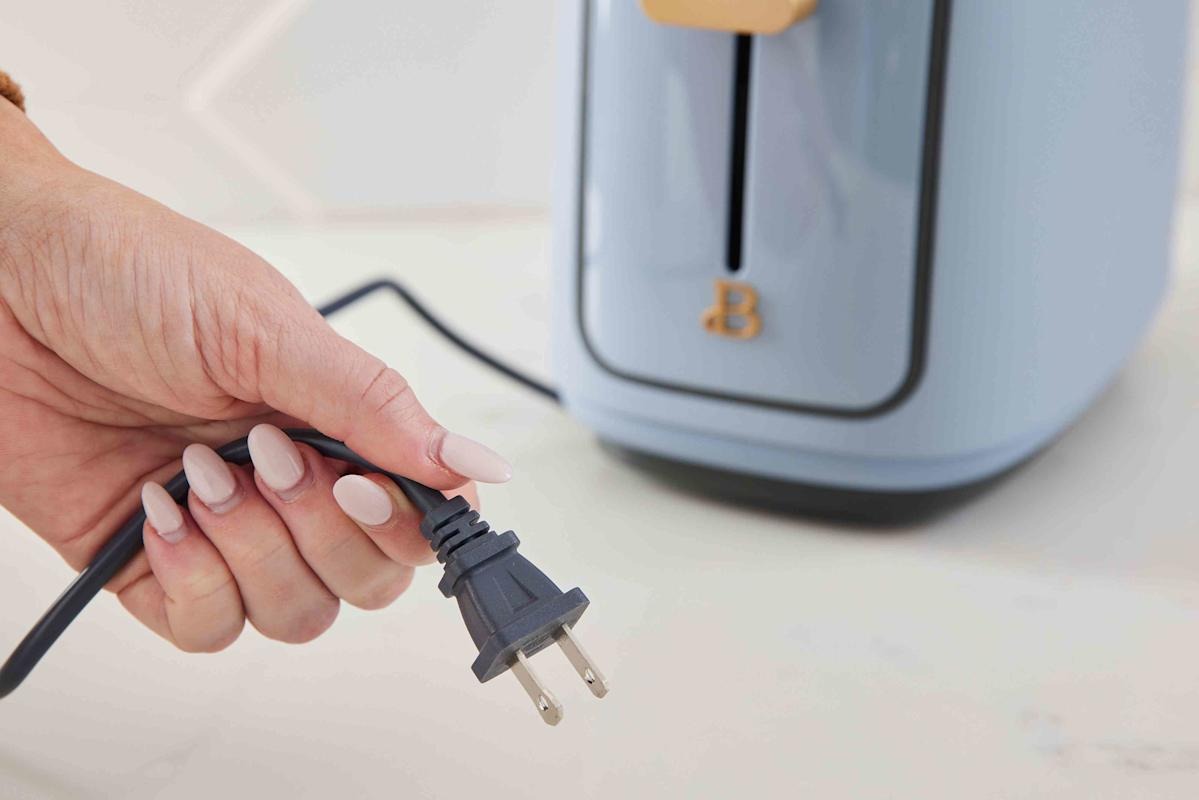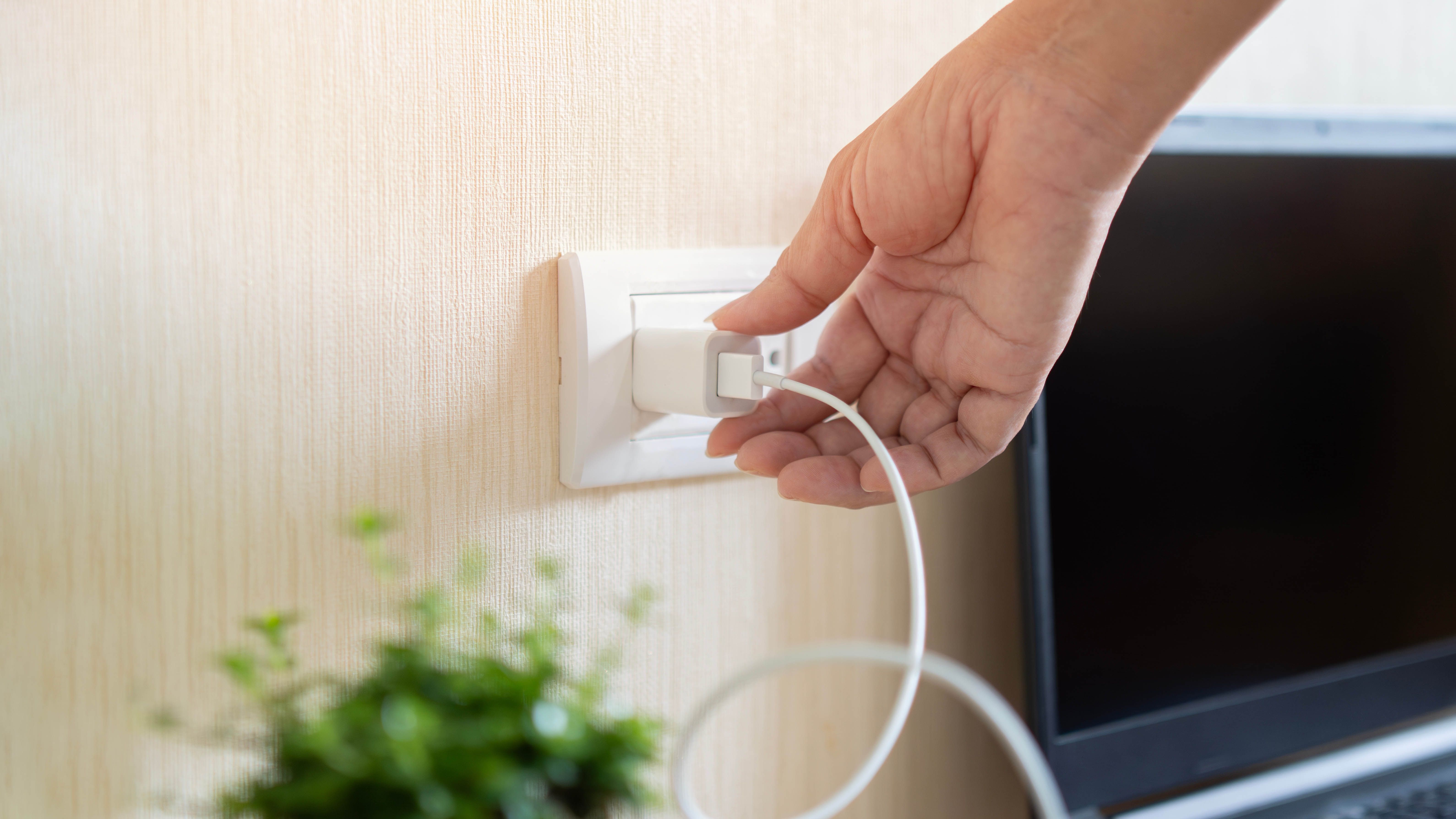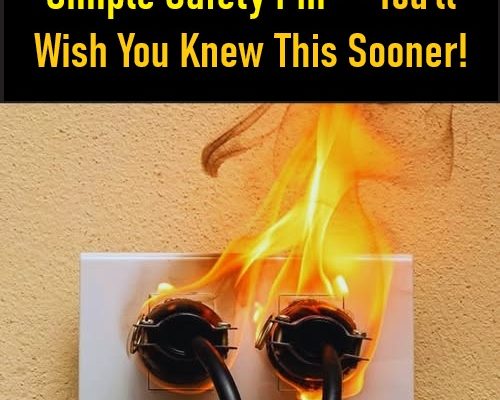
Every year, thousands of home fires in the U.S. are caused by electrical faults, including those related to common kitchen appliances. According to the National Fire Protection Association (NFPA), cooking equipment is the leading cause of house fires, with small appliances playing a notable role—especially when left plugged in while unattended.
To reduce your household risk, safety experts recommend unplugging small kitchen appliances such as air fryers, toaster ovens, coffee makers, and electric kettles when they are not in use, particularly overnight or when you’re away from home.
(Source: NFPA, CPSC, USFA)
Why Some Kitchen Appliances Should Be Unplugged
Appliances like air fryers and toaster ovens have become staples in many kitchens due to their convenience and efficiency. However, both devices rely on heating elements and internal circuitry that can wear down over time.
While modern appliances include safety features such as automatic shut-off, they still pose a risk if internal components fail, especially in older or poorly manufactured models. According to the Consumer Product Safety Commission (CPSC), electrical failures in small kitchen appliances account for a significant number of household fires annually.
Factors contributing to risk include:
- Worn or frayed cords
- Power surges
- Overheating heating elements
- Faulty timers or digital displays
- Defective plugs or outlet connections
These problems are more likely to go unnoticed when the appliance is idle or unused, but still plugged into a live outlet.

Appliances to Consider Unplugging Overnight
While you don’t need to unplug every appliance in your kitchen, certain devices are worth being cautious about due to their built-in heating components or history of recall-related incidents:
- Air Fryers – Popular models use intense heat and airflow. While safe when functioning properly, several models have been subject to recalls due to fire hazards.
- Toaster Ovens – Often contain exposed heating coils that may continue to warm slightly after use or trigger faults in old wiring.
- Coffee Makers – Some models have heating plates that remain warm or activate on timers.
- Electric Kettles – Can retain residual heat or malfunction if the auto-shutoff feature fails.
- Old Microwaves – Outdated models with aging insulation or door seals are more prone to malfunction.
(Source: CPSC Recall List, NFPA Cooking Safety)
Safety Tips for Managing Small Appliances
To safely enjoy your kitchen tools while minimizing risk, follow these expert-backed tips:
1. Unplug When Not in Use
The simplest safety measure: unplug appliances after use—especially before going to bed or leaving home.
2. Inspect Cords and Outlets Regularly
Look for frayed wires, burn marks, or loose connections. Replace or repair damaged cords and avoid using extension cords with high-wattage appliances.
3. Register Appliances for Recall Alerts
Always register new appliances with the manufacturer so you receive alerts if your model is recalled for safety defects.

4. Avoid Overloading Outlets
Never plug multiple high-powered appliances into the same outlet or power strip. Spread them across multiple circuits if possible.
5. Place Appliances Away from Flammable Materials
Keep curtains, paper towels, and wooden utensils clear of heat sources to prevent accidental ignition.
6. Use Appliances with Built-in Safety Features
Look for products certified by UL (Underwriters Laboratories) or ETL, indicating they meet electrical safety standards.
(Sources: Electrical Safety Foundation International (ESFI), UL Standards)
Recalls and Reported Incidents: Why Vigilance Matters
Over the past few years, several high-profile recalls have highlighted the importance of appliance safety. For example:
- In 2022, certain air fryer models from major brands like Insignia and Cosori were recalled due to reports of overheating and fire risk.
- In 2023, some coffee machines were recalled after multiple incidents of short-circuiting and property damage.
While these events are relatively rare in comparison to the millions of appliances used safely every day, fire officials stress the importance of prevention over reaction.
To check if your appliance is part of an active recall, visit the CPSC recall database at www.cpsc.gov/Recalls.
What the Fire Authorities Recommend
The U.S. Fire Administration (USFA) advises all homeowners to:
- Never leave cooking appliances unattended.
- Regularly inspect and maintain appliances.
- Install working smoke alarms in kitchens and nearby areas.
- Unplug countertop appliances when not in use.
Additionally, the NFPA reminds residents that electrical fires can spread quickly, especially in older homes with outdated wiring. Routine safety practices like unplugging non-essential appliances can significantly reduce the risk.

Real-World Fire Data: Small Precautions Matter
According to the NFPA’s 2023 “Home Structure Fires” report:
- Cooking equipment caused nearly 50% of all reported home fires between 2017–2021.
- Electrical distribution and lighting equipment were responsible for 10% of fires, many due to extension cords, power strips, or appliance misuse.
- The average annual property loss from electrical fires was over $1.3 billion in damages.
These statistics highlight the value of small, proactive habits—like unplugging unused appliances—to safeguard your home.
(Sources: NFPA Home Fire Reports)
Conclusion: Smart Habits to Protect Your Home and Family
Unplugging small kitchen appliances such as air fryers, toaster ovens, and coffee makers may seem like a minor task—but it’s a smart, low-effort step toward fire prevention. Electrical safety starts with awareness and action.
Whether you’re heading to bed or leaving home for the day, make it a habit to unplug countertop appliances not in use. Combined with regular inspections, proper storage, and outlet management, this small habit can make a significant difference in protecting your household.





